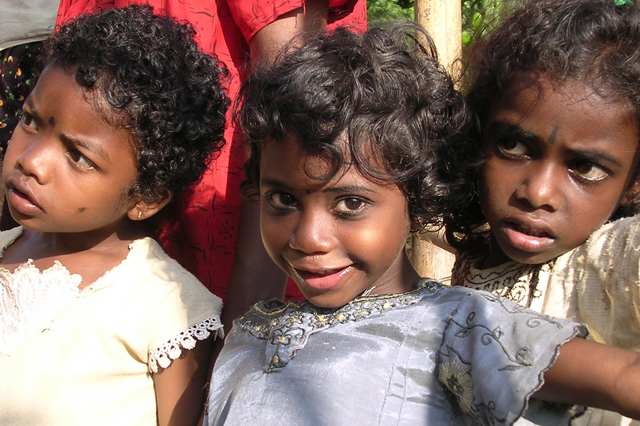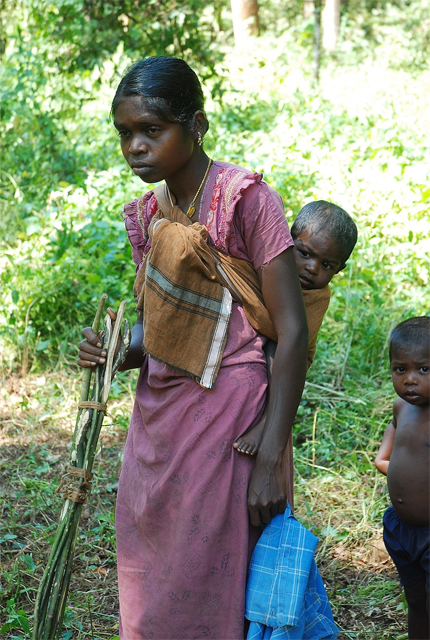A report prepared by some tribal activists accuses the government of Kerala of undermining the rights of the scheduled tribes living in the state. To judge by an article published last week in the Deccan Chronicle, a major South Indian newspaper, the report appears to have focused on two of the highly peaceful societies in the state, the Kadar and the Malapandaram. The report was released at a conference held in Kochi, a city on the coast of Kerala.

A prominent tribal rights activist, Mr. M. Geethanandan, discussed the accusations made by the report and their implications with the newspaper. He said the state has violated the human rights of the Kadar and the Malapandaram people by the way it has treated them. Specifically, he charged that state authorities had deliberately avoided following the provisions of the Forest Rights Act (FRA) of India, a major piece of legislation aimed, when it was passed in 2006, at protecting the 100 million Adivasi, the tribal people in India. Many Adivasi live in or near forests and are dependent on the resources they obtain from them.
Mr. Geethanandan said that the state will have a long way to go to rectify its lack of concerns for its tribal people and its lack of adherence to the provisions of the 2006 law. The report claims that the government has managed to correctly follow the provisions of the law requiring the protection of the Kadar villages in the Thrissur District, but other Kadar living in the Palakkad District are not being protected. The latter group includes Kadar who subsist in the area near the Parambikulam Tiger Reserve.

Tribal activists such as Ms. K. Geetha, the chief of the Vazhachal Kadar Gram Sabha, had complained to the Scheduled Tribes Commission that the authorities had misrepresented the facts regarding the government’s proposal to build a big power project near the Kadar village. The first environmental impact assessment (EIA) prepared by the Tropical Botanic Garden and Research Institute reported incorrectly that the Kadar village is 5 km away from the dam site. The second EIA prepared by a group called WAPCOS, the Water and Power Consultancy Services, did not even mention the existence of the village.
The recent report charges that the government agencies are ignoring the rights of the tribal people in violation of the FRA. In contrast, the Scheduled Tribes Commission reported, correctly, that the proposed Athirapilly dam site is really only 400 m. from the village and it will definitely affect the Kadar community. The report also mentions that the Malapandaram in the Pathanamthitta and Idukki districts are not even being given consideration for their community forest rights as provided by the 2006 law.